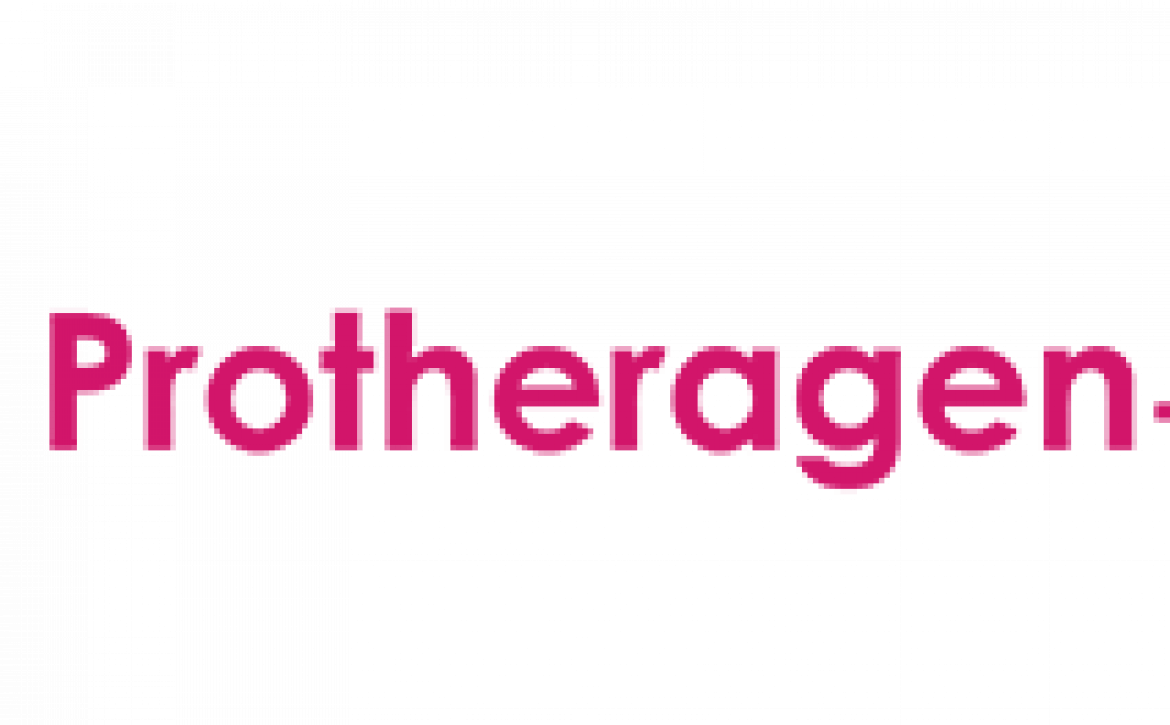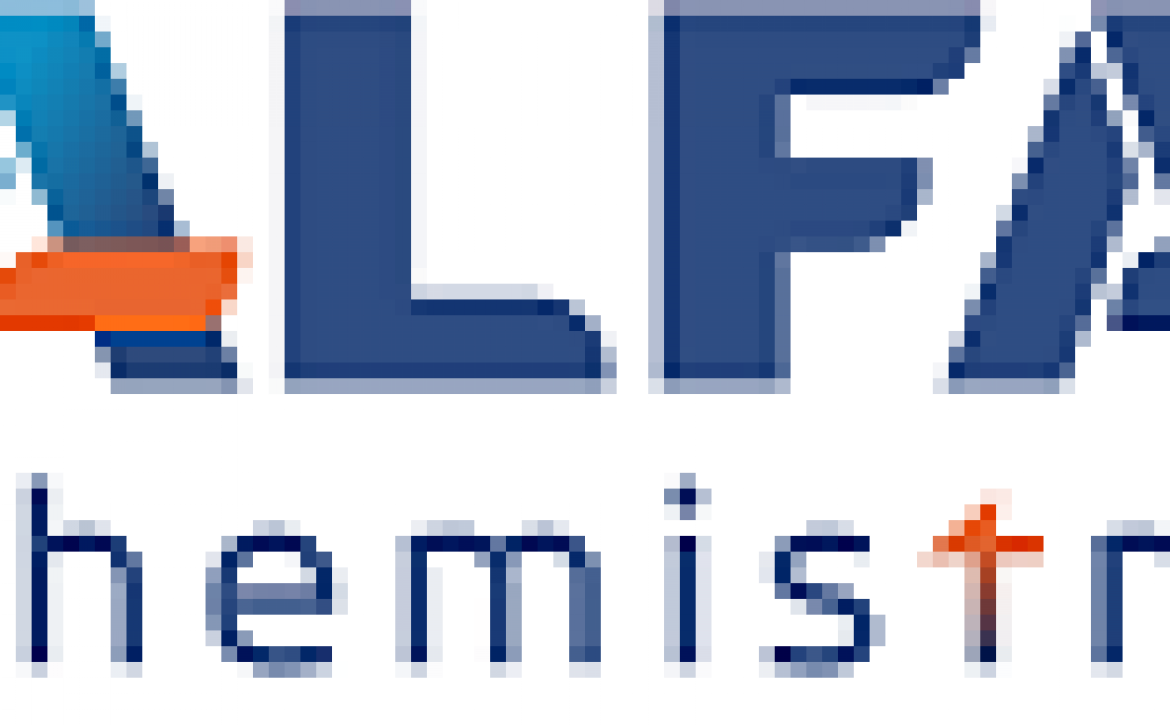Active Pharmaceutical Ingredients
The Crucial Role of Active Pharmaceutical Ingredients (APIs) Active Pharmaceutical Ingredients (APIs) are the fundamental components of any medication responsible for its intended therapeutic effect. Often referred to as the “active substance” or “bulk drug,” the API is the biologically active molecule within a final pharmaceutical formulation (like a tablet, capsule, injection, or cream) that interacts with the body to diagnose, treat, cure, mitigate, or prevent disease. The remaining ingredients in the formulation, known as excipients, serve various functions like stabilization, delivery, flavoring, or bulking, but lack the core pharmacological activity. The purity, quality, consistency, and safety of APIs are paramount, as they directly impact the efficacy and safety of the final drug product. Rigorous manufacturing standards, stringent quality control (QC), and adherence to regulatory guidelines (such as cGMP – current Good Manufacturing Practice) are essential throughout API production. Suppliers like Alfa Chemistry play a vital role in providing high-quality API chemical to the pharmaceutical industry globally. Spotlight on Key API Chemicals Protamine Sulfate (CAS 9009-65-8): Protamine sulfate is a highly basic, low molecular weight protein derived from fish sperm. Its primary therapeutic application lies in its ability to act as a heparin antagonist. Heparin, a potent anticoagulant used during surgeries and dialysis, prevents blood clotting. Protamine sulfate binds ionically to heparin, forming a stable complex that neutralizes heparin’s anticoagulant effect. This reversal is critical in situations where excessive bleeding due to heparin needs to be rapidly controlled post-procedure or in cases of heparin overdose. Benzhexol Hydrochloride (CAS 52-49-3): Also known as trihexyphenidyl hydrochloride, benzhexol hydrochloride is an anticholinergic agent primarily used in the management of Parkinson’s disease and drug-induced extrapyramidal symptoms. It works by blocking muscarinic acetylcholine receptors in the central nervous system. This helps restore the balance between dopamine and acetylcholine, alleviating symptoms like tremors, rigidity, and bradykinesia associated with Parkinsonism. It can also help control sialorrhea (excessive drooling). Glycine (CAS 56-40-6): Glycine, the simplest amino acid, serves diverse functions within the pharmaceutical and nutraceutical industries. As an API, it finds application in intravenous solutions for total parenteral nutrition (TPN), acting as a source of nitrogen and helping to maintain protein synthesis. It’s also used as an irrigation solution during transurethral prostatectomy (TURP) procedures due to its non-conductive properties. Beyond direct therapeutic use, glycine is a crucial building block for synthesizing more complex peptides and proteins, and it acts as a buffering agent and stabilizer in various injectable formulations. Promestriene (CAS 39219-28-8): Promestriene is a synthetic estrogen specifically designed for topical application. It is primarily indicated for the local treatment of symptoms arising from estrogen deficiency in the urogenital tract, particularly postmenopausal atrophic vaginitis. Unlike systemic estrogens, promestriene exerts its effects locally on the vaginal epithelium with minimal systemic absorption, helping to restore vaginal tissue health, improve lubrication, and relieve symptoms like dryness, itching, and dyspareunia (painful intercourse) with a reduced risk of systemic side effects. Epalrestat (CAS 82159-09-9): Epalrestat is an aldose reductase inhibitor used specifically for the treatment of diabetic neuropathy, retinopathy, and nephropathy—complications arising from chronically elevated blood sugar levels. It works by inhibiting the enzyme aldose reductase, which is part of the polyol pathway responsible for converting excess glucose into sorbitol in nerve, eye, and kidney tissues. Accumulation of sorbitol is believed to contribute to tissue damage. By inhibiting this pathway, Epalrestat aims to prevent or slow the progression of these debilitating diabetic complications. Alfa Chemistry: Your Trusted API Supplier Alfa Chemistry has established itself as a prominent global supplier of high-purity active pharmaceutical ingredients, catering to the demanding needs of the pharmaceutical, biotechnology, and research sectors. The company offers an extensive portfolio of APIs, including specialized compounds like protamine sulfate, benzhexol hydrochloride, glycine (CAS 56-40-6), promestriene, and epalrestat. Alfa Chemistry distinguishes itself through its commitment to stringent quality control protocols that meet or exceed industry standards, including cGMP where applicable. Their offerings typically feature high chemical purity, precise documentation (including Certificates of Analysis), and reliable batch-to-batch consistency, which are critical for pharmaceutical development and manufacturing. Beyond providing the raw materials, Alfa Chemistry supports its clients with detailed technical information, regulatory support documentation, and responsive customer service. By ensuring a dependable supply chain of diverse and critical APIs, Alfa Chemistry empowers researchers and manufacturers to innovate and deliver safe and effective medicines to patients worldwide.



